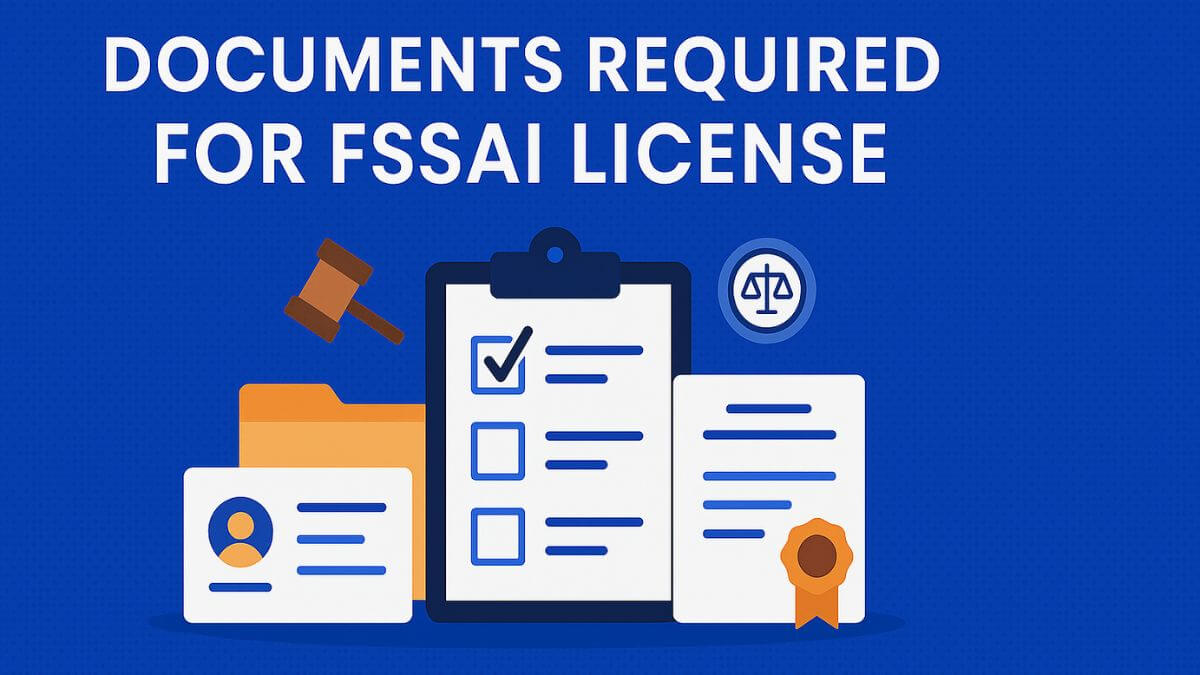Running a successful trucking business requires a plethora of resources ranging from high-tech software to robust training programs for drivers. With the right tools and knowledge, operators can streamline their operations, ensure compliance with regulations, and keep their fleets running smoothly. Advanced management software can enhance efficiency while understanding the legal landscape is essential for operating within the law. Maintenance equipment and smart financial management tools are also crucial for long-term success. Below, we delve into these critical resources that every trucking business operator should consider.
Maintenance Must-Haves: Tools for Keeping Your Fleet Road-Ready
Regular maintenance is crucial for ensuring the safety and reliability of a trucking fleet. Operators should have a set of core tools and diagnostic equipment to conduct routine checks and repairs, such as tire pressure gauges, engine diagnostic scanners, and hydraulic lifts. These tools help identify potential issues before they escalate into major problems that could sideline vehicles and disrupt business operations.
Even with the best preventive measures, breakdowns can still occur. This is where having robust truck warranty coverage comes into play. Warranty programs can help cover the cost of repairs and parts, providing financial relief during unplanned setbacks. In essence, a warranty serves as a risk management tool, enabling operators to navigate the financial uncertainties related to fleet maintenance.
Financial Management Tools for Budgeting and Growth in Trucking Business

Financial acumen is as fundamental as operational expertise in trucking businesses. Accurate budgeting, cash flow management, and financial forecasting set the groundwork for sustainable growth. Accounting software specifically designed for the trucking industry takes into account the unique financial challenges faced by operators, such as fluctuating fuel costs, maintenance expenses, and driver payroll.
Access to capital remains a significant consideration for trucking businesses, be it for fleet expansion or weathering a slow season. Building a solid relationship with financial institutions specializing in commercial banking can provide access to loans, lines of credit, and other financial products that support business objectives. Expert financial advisers with industry experience can also play a crucial role in strategic planning and in pinpointing areas where costs can be reduced or investment is needed.
Navigating Legal Compliance: Resources for Trucking Regulations
Compliance with legal standards and regulations is non-negotiable in the trucking industry; failing to adhere can result in substantial fines and loss of operating licenses. Resources such as The Federal Motor Carrier Safety Administration (FMCSA) provide frameworks for safety compliance and regulations that are essential reading for operators. Staying informed about legal requirements, such as Hours of Service (HOS) regulations and Commercial Driver’s License (CDL) standards, is critical for lawful operations.
Trucking associations play a pivotal role in providing members with updates on regulatory changes and best practices for compliance. They often offer seminars, webinars, and publications that cover a broad range of compliance topics. Additionally, hiring a knowledgeable compliance officer or team can help businesses navigate the often complicated legal landscape of the trucking industry.
Technology again proves its worth with compliance management software—these tools track driver logs, vehicle inspections, and other compliance-related documentation. They help ensure that records are complete, up-to-date, and easily accessible during inspections. Digital logbooks, for instance, have become a staple in adhering to HOS regulations, replacing paper logbooks and offering far more reliability.
Strengthening Your Fleet With Driver Recruitment and Training Programs
The success of a trucking enterprise often hinges on the quality and reliability of its drivers. Driver recruitment processes must be rigorous, assessing not only a candidate’s qualifications and experience but also their commitment to safety and customer service. Utilizing online job platforms and working with driving schools can broaden the reach of prospective hires. Once onboarded, a structured orientation and a thorough training program are essential for preparing drivers for the specific demands of the company’s operations.
Continued education and training programs are as vital for seasoned drivers as they are for newcomers. These programs can address advanced driving techniques, fuel-efficient practices, load securing, and emergency responses. Such training not only reinforces safety standards but also positively impacts overall fleet efficiency. Additionally, incentives for safe driving records and professional development opportunities can foster a motivated and skilled workforce.
Altogether, trucking business operators need to leverage a range of resources to ensure efficiency and compliance while safeguarding their bottom line. From harnessing management software and maintaining a road-ready fleet to investing in driver recruitment and training as well as strategic financial management, these components work synergistically to drive success. Overall, the dedication to these resources is a testament to the complex yet rewarding nature of managing a trucking business.

MoneyMantra, is a passionate content creator with over 5 years of experience in writing about the intersection of technology, business, finance, education, and more. With a deep understanding of how these fields empower both individuals and businesses





